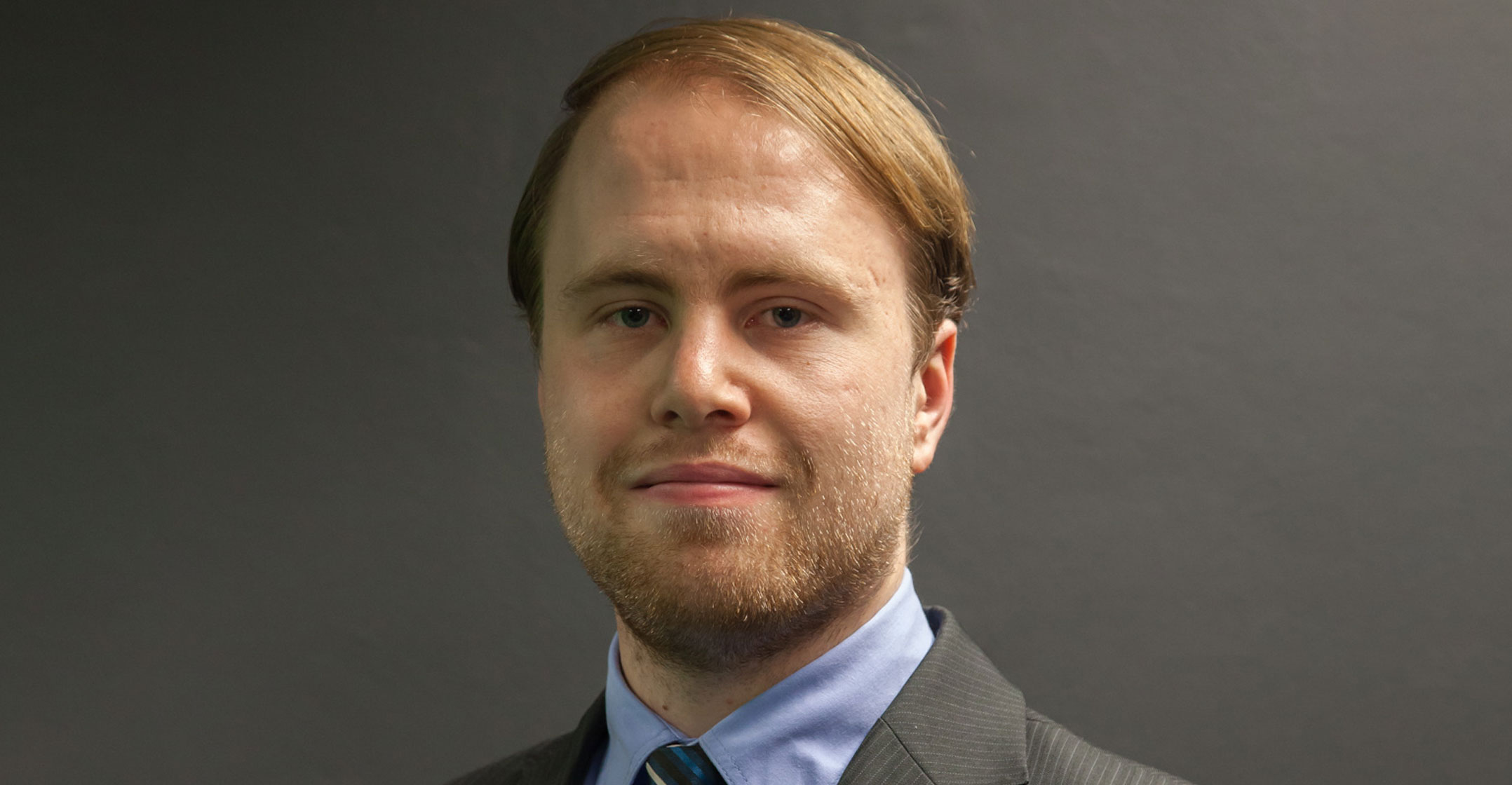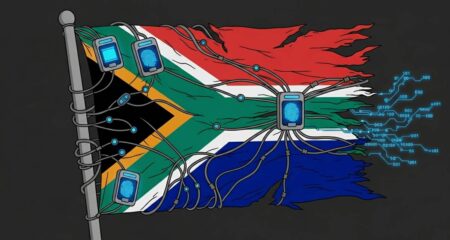
The South African government could raise significant money from the sale of radio frequency spectrum, especially frequency bands used in commercial applications such as cellphones, television and radio.
Government itself must not own or manage this resource asset, given that the private-sector companies have shown themselves time and again to be more effective allocators of scarce resources.
The large amount of money raised by government from such a sale could be channelled back into the general fiscus for assisting in other prioritised areas. Ideally, this money would be used to assist with ICT-specific policy issues, but it is far more likely that it would be utilised to rescue beleaguered state-owned enterprises such as South African Airways and Eskom.
For any of this to be possible, the Electronic Communications Amendment Bill, and government’s broader ICT policy, should be abandoned, as these favour centralising control of spectrum in the hands of the bureaucracy rather than the market.
The current owners of spectrum frequencies for cellular or radio broadcasts should argue the case for a simple conversion of their licences to ones granting them permanent, tradeable rights. Another route is having all frequencies placed into an auction pot, with incumbent licensees retaining the right to hold onto their existing frequencies. Should they enter their frequencies into the auction and acceptable bids are made, then current licensees would receive the full bid payment. After this “big bang” auction, all frequencies would be traded with no restrictions on use or sale.
For the auction system to have any consequential significance, spectrum should only be auctioned on fixed-term contracts for periods long enough to reward investment. This can be determined by looking around the world at countries, like Iceland, where the auctioned long-term lease system has been implemented, and how the industry reacted. The Icelandic government raised close to R20m last year when it auctioned off the LTE-suitable frequencies in the 700MHz, 800MHz, 2.1GHz and 2.6GHz bands.
The period of the lease should allow for the holder of the lease to make substantial investments in spectrum, for instance, by building towers and thus developing spectrum capacity. This is estimated to be a period of between 15 to 25 years, but could be longer. The period must be long enough to encourage investment and reward investors.
Auction system
The rationale for the auction system is simple: the successful buyer is the one who is, evidentially, the most willing to invest and believes they will make a profit. In other words, they believe they will be efficient and are able to finance that belief with funds previously accumulated through other business. It is crucial, however, that even auctioned spectrum must be tradeable (in other words, the lease or ideally ownership, must be freely tradeable) by the successful bidders and any consequent holders. This ensures that spectrum will always gravitate to the firms where it will be used most efficiently.
In the short term, reallocation of inefficiently used frequency spectrum through market mechanisms has the potential to create a flood of spectrum. As spectrum becomes more congested, increasing use of property rights, and market valuation, would ensure frequency bands move to efficient users. Government has a role to play in establishing this market and can assist in developing the correct bundle of rights such a system would require. These include technical constraints such as time, area, frequency and power output, but may also include easement arrangements (including careful and technical definitions of interference).
During this transition, it is important that current licences be respected: the value paid for those licences must not be lost. Moving to a system of private property rights in frequency spectrum would be a move towards developing a system that ensures all players stand to gain. This is an area of intense international debate. South Africa can contribute to emerging best practice by drawing on the country’s own unique experiences, but the direction in which we are moving with the Electronic Communications Amendment Bill is ill-fated.
- Martin van Staden is Legal Researcher at the Free Market Foundation and co-author of The Real Digital Divide (2017). He is a Master of Laws student at the University of Pretoria




